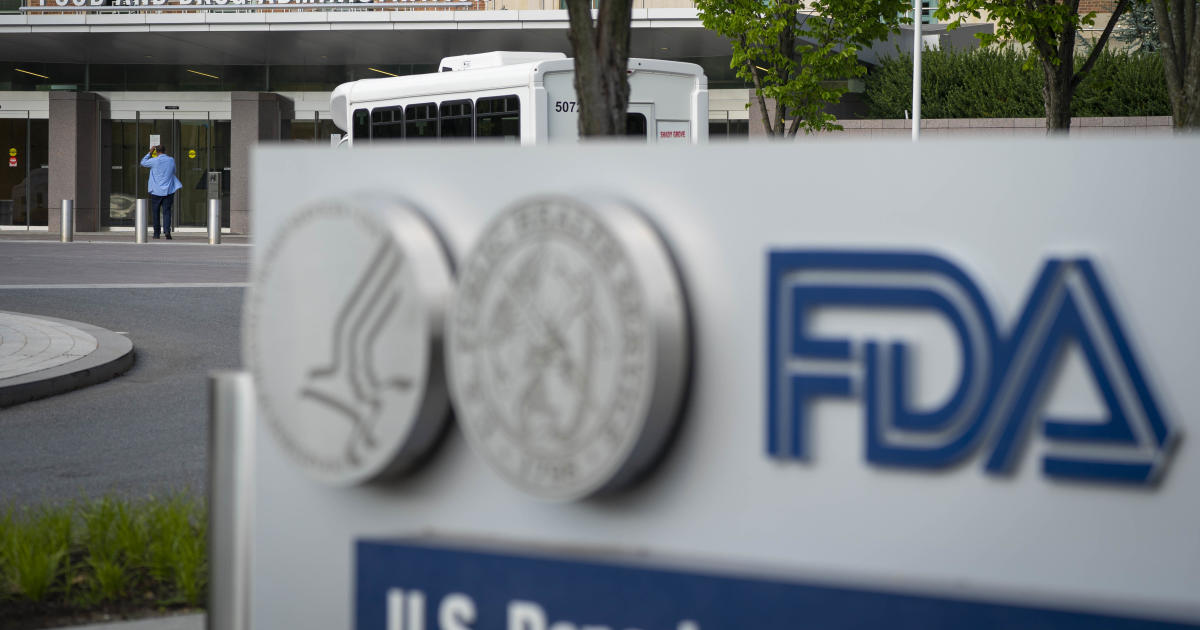The Food and Drug Administration announced Friday it has approved the first oral treatment for postpartum depression. The drug, called zuranolone, is a once-a-day pill that will be branded as Zurzuvae by drugmakers Sage Therapeutics and Biogen.
Zuranolone is approved for use in adults for the treatment of postpartum depression, an episode of major depression that can begin after childbirth or the later stages of pregnancy, which affects an estimated 15% of women in the weeks or months after having a baby.
“Having access to an oral medication will be a beneficial option for many of these women coping with extreme, and sometimes life-threatening, feelings,” Dr. Tiffany Farchione, director of the Division of Psychiatry in the FDA’s Center for Drug Evaluation and Research, said in a statement.
Before this, the only approved option for treating postpartum depression was also from Sage Therapeutics: brexanolone, which is marketed as Zulresso and must be administered as an IV infusion. It was approved by the FDA in 2019 as the first treatment specifically for postpartum depression.
Similar to that drug, Sage and Biogen say they think zuranolone acts as a steroid that binds to GABA receptors within the brain, working to effectively reset neurotransmitters thrown off in patients struggling with depression.
“In people with depression, it may help to rapidly rebalance dysregulated neuronal networks to help restore brain function. Zuranolone targets brain networks responsible for functions such as mood, arousal, behavior, and cognition,” the companies said in a release last year.
Zuranolone’s label will carry a boxed warning that patients should not drive or operate machinery for 12 hours after taking the drug. The FDA says the most common side effects include drowsiness, dizziness, diarrhea, fatigue, the common cold and urinary tract infection. There is a risk of suicidal thoughts. The drug may cause fetal harm, so women taking it should use contraception, the FDA says.
The drug will need to clear a 90-day Drug Enforcement Agency scheduling process, the companies said, before it can enter the market.
Not approved for major depression
The companies had touted the once-daily pill, intended to be taken over only two weeks, as part of a potential new “paradigm” for how major depression might soon be treated. They sought FDA approval for it to treat both postpartum depression and major depressive disorder.
However, with Friday’s decision, the FDA only formally approved the drug for postpartum depression.
While doctors generally are able to prescribe treatments for unapproved “off-label” reasons, the lack of an approval restricts drugmakers from marketing the pills for those uses.
It was not immediately clear what concerns prevented the FDA from approving the drug for major depressive disorder.
Spokespeople for Sage Therapeutics and the FDA did not immediately respond to a request for comment.
The drugmakers had cited several promising recent results for the drug, including successes in treating both major depressive disorder and postpartum depression.
In a recent clinical trial, researchers said a14-day course of zuranolone pills appeared to help stave off further depressive episodes in many patients for months before another round of the medication might need to be taken.
That is different from many common antidepressants, like selective serotonin reuptake inhibitors or SSRIs, which are typically prescribed to be taken over a longer term.
But those findings followed earlier setbacks for the company back in 2019, after the drugmakers disclosed a key Phase 3 study of the treatment fell short of its goal to outperform a placebo in “a statistically significant reduction” for treating depression.
At the time, Sage Therapeutics said their data found some patients in the study had no measurable drug concentration in their body, suggesting they had missed their doses and muddied the results.
“We see a consistent improvement in depressive symptoms associated with zuranolone, over that of placebo. Specifically, five out of six of these placebo controlled clinical studies resulted in a statistically significant improvement in depressive symptoms,” Dr. Maha Radhakrishnan, Biogen’s chief medical officer, had said in a December call outlining their plans to market the drug for both approaches.













